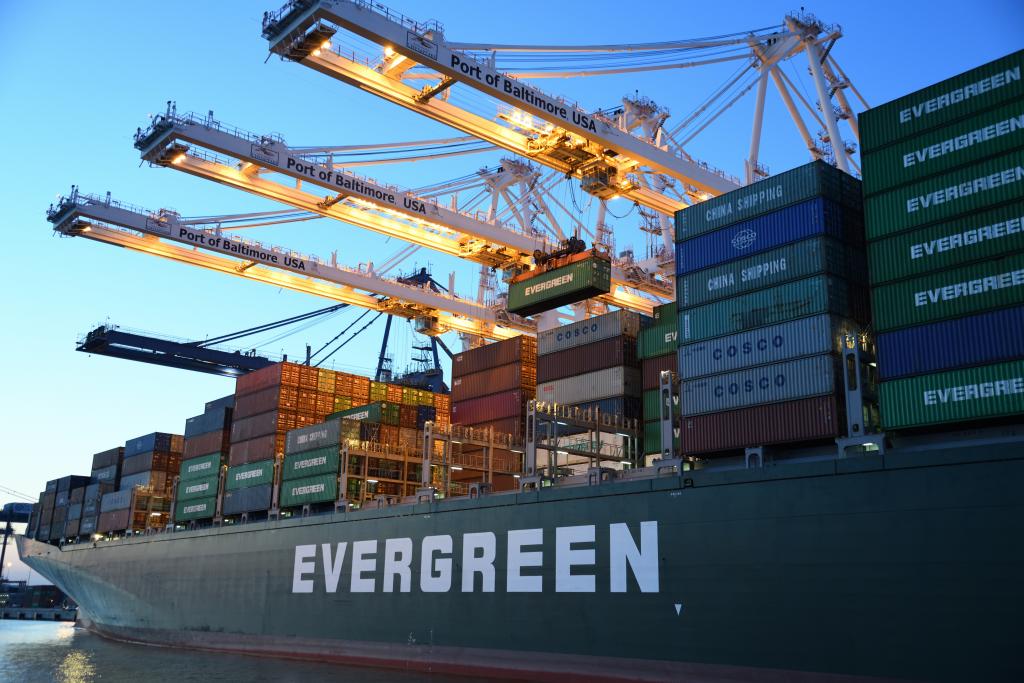When maritime leviathan m.v. Ever Given ran aground in the Suez Canal, a wave of worldwide publicity followed. The High Court’s consideration of how those involved in refloating her should be remunerated may have garnered less press attention but is of enormous interest to anyone involved in international trade.
The vessel’s grounding at one of the canal’s narrowest points in March 2021 caused havoc to world trade. By the time she was successfully refloated, a leading maritime salvage company had a team on board and two tugs in situ, thereby contributing to the salvage operation. The extent of that contribution was disputed by the vessel’s owners, who took the view that it was very limited.
The company claimed salvage under the International Convention on Salvage 1989 and/or at common law. In English law, a right to salvage arises when a person, acting as a volunteer – that is without any pre-existing contractual or other duty so to act – preserves or contributes to preserving at sea any vessel, cargo, freight, or other recognised object of salvage from danger.
Resisting the claim, the owners asserted that, prior to the vessel’s refloatation, they had reached a binding contract with the company whereby it was to receive a fixed level of remuneration for any salvage services it rendered. The existence of that contract – which was alleged to have been completed by an exchange of emails – was said to oust any non-contractual right to salvage. The Court considered that argument at a preliminary hearing.
Ruling on the matter, the Court found that the relevant email string did not purport to conclude a contract. Agreement had been reached on the remuneration terms for a contract that was being negotiated. It was clear to all involved that they were still negotiating and the emails merely opened the way for detailed work on the formulation of binding terms to commence. The Court’s ruling meant that the company could press ahead with its salvage claim.
